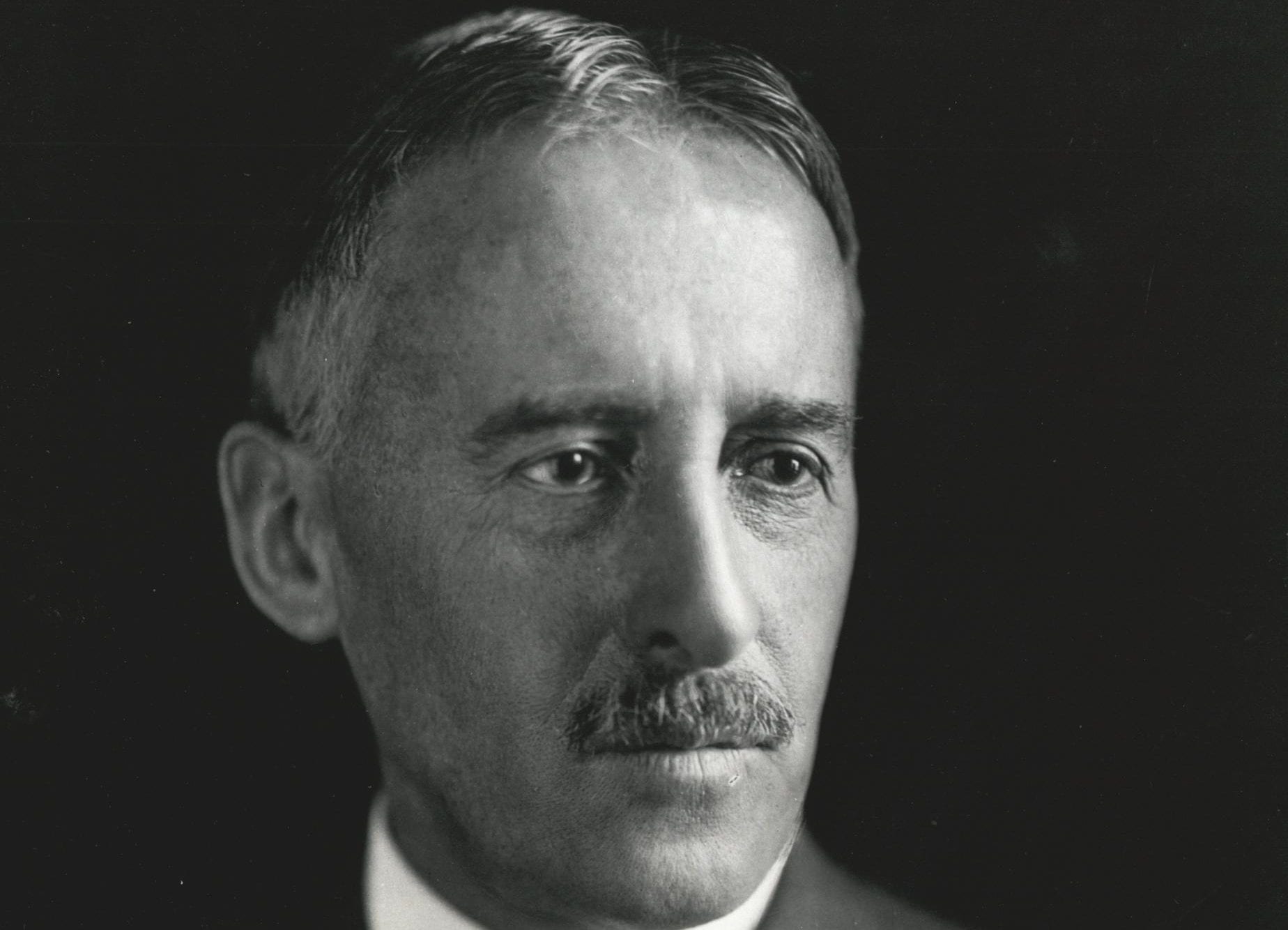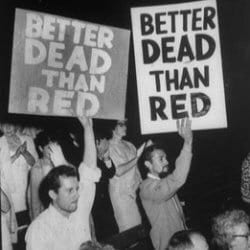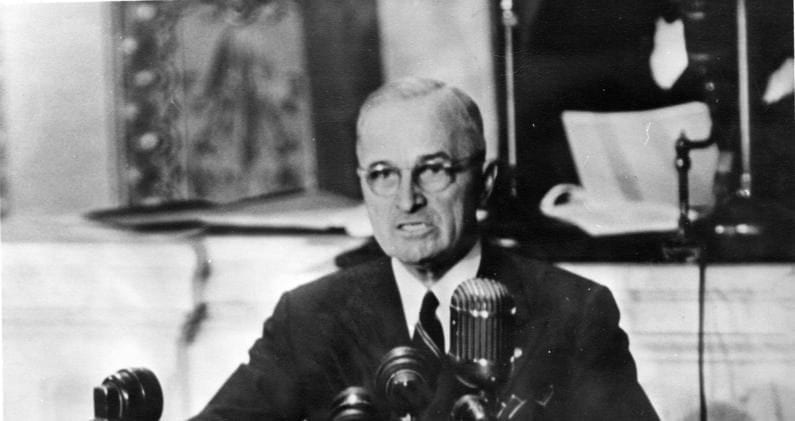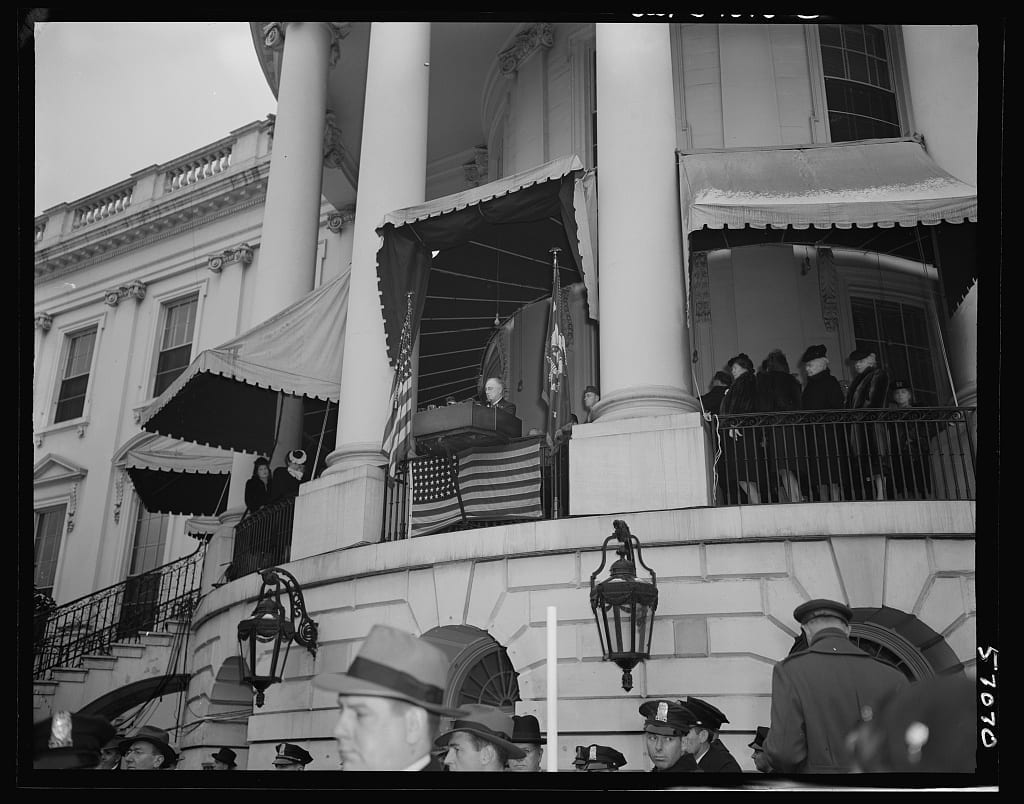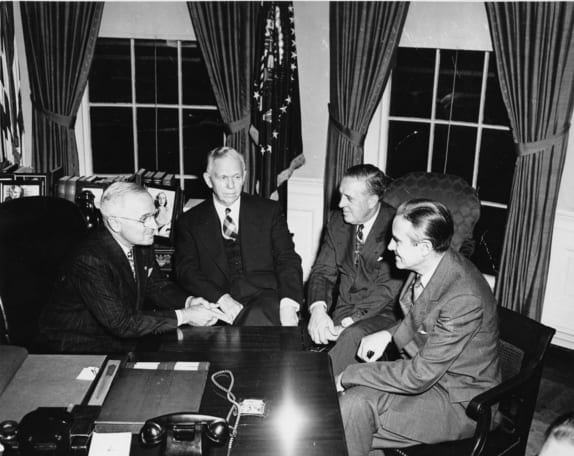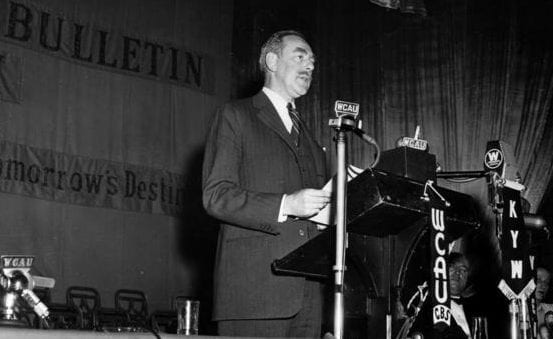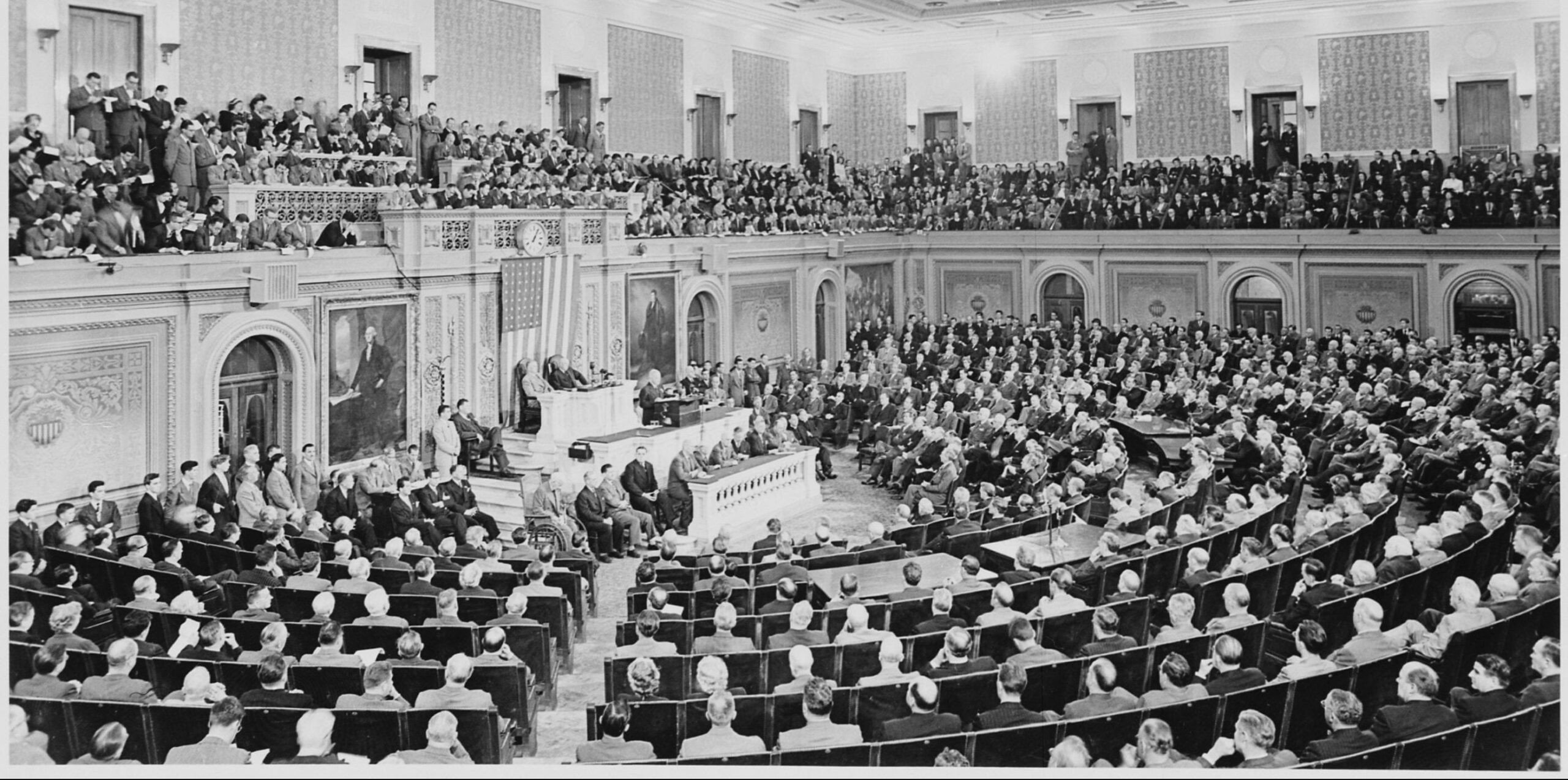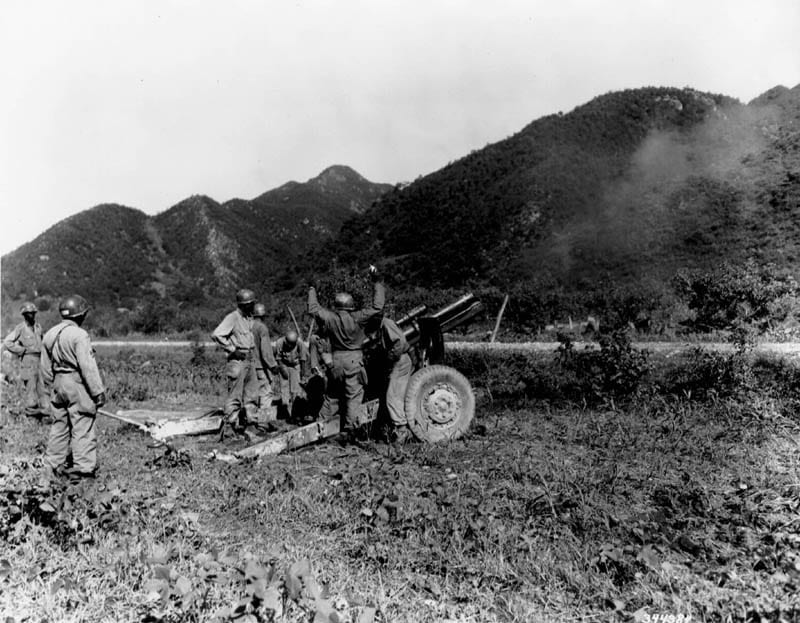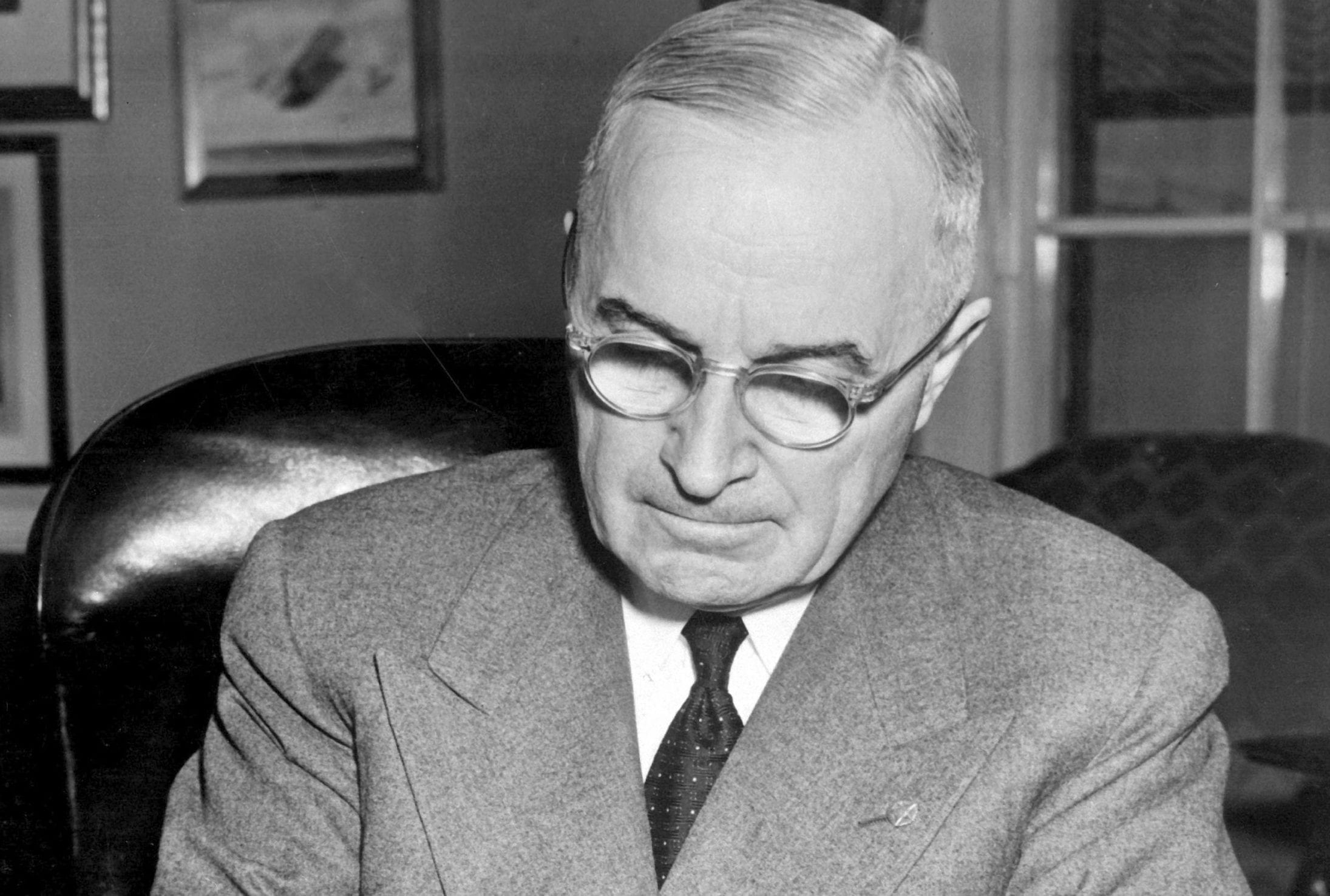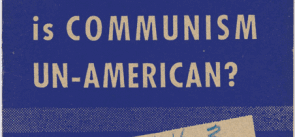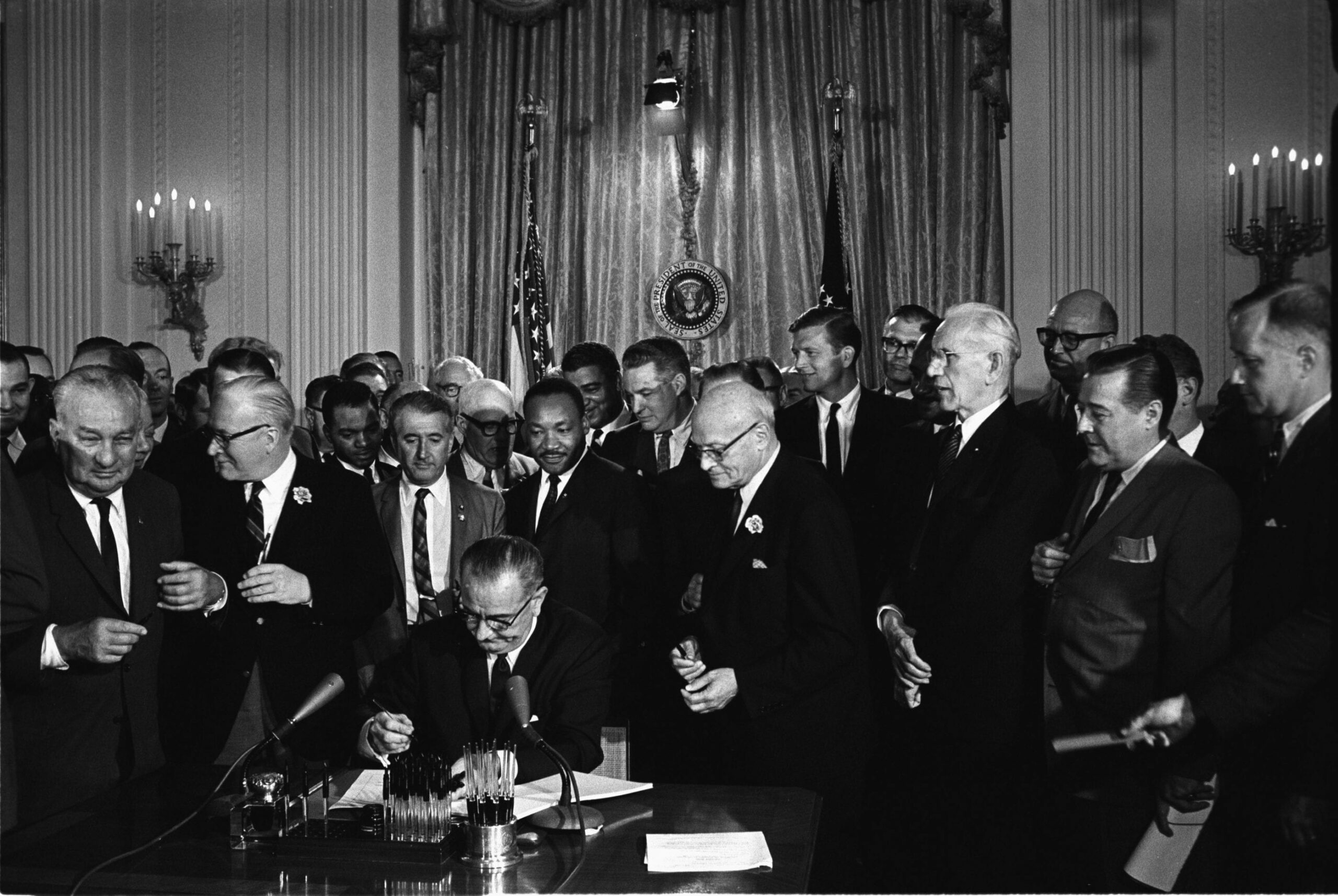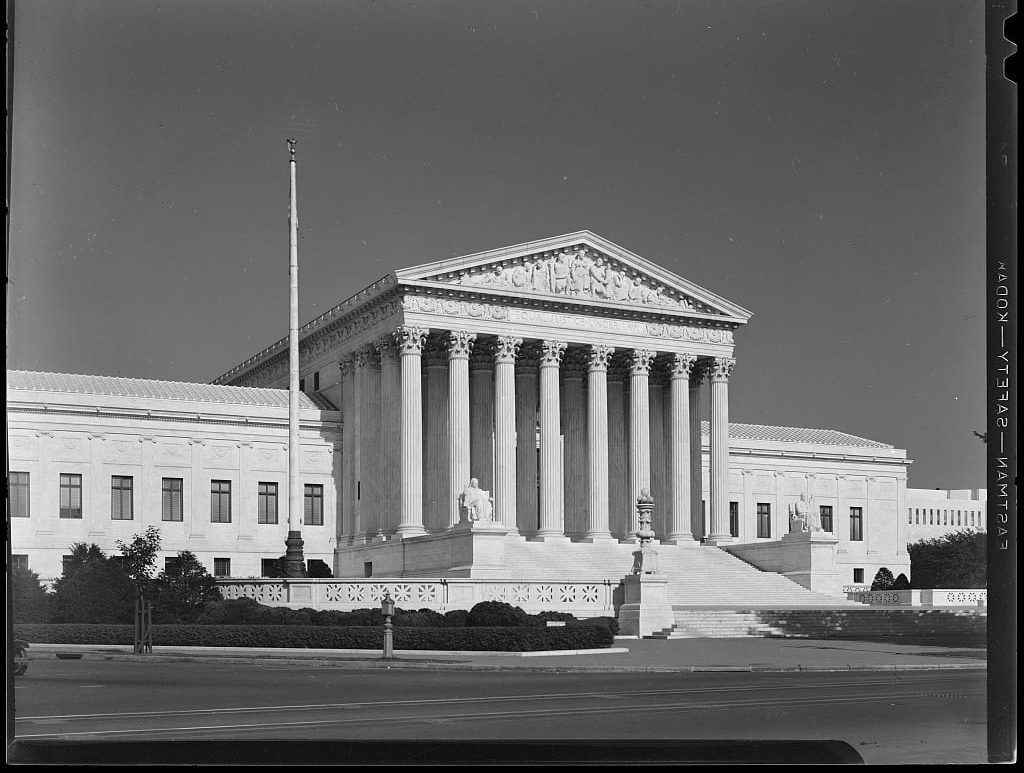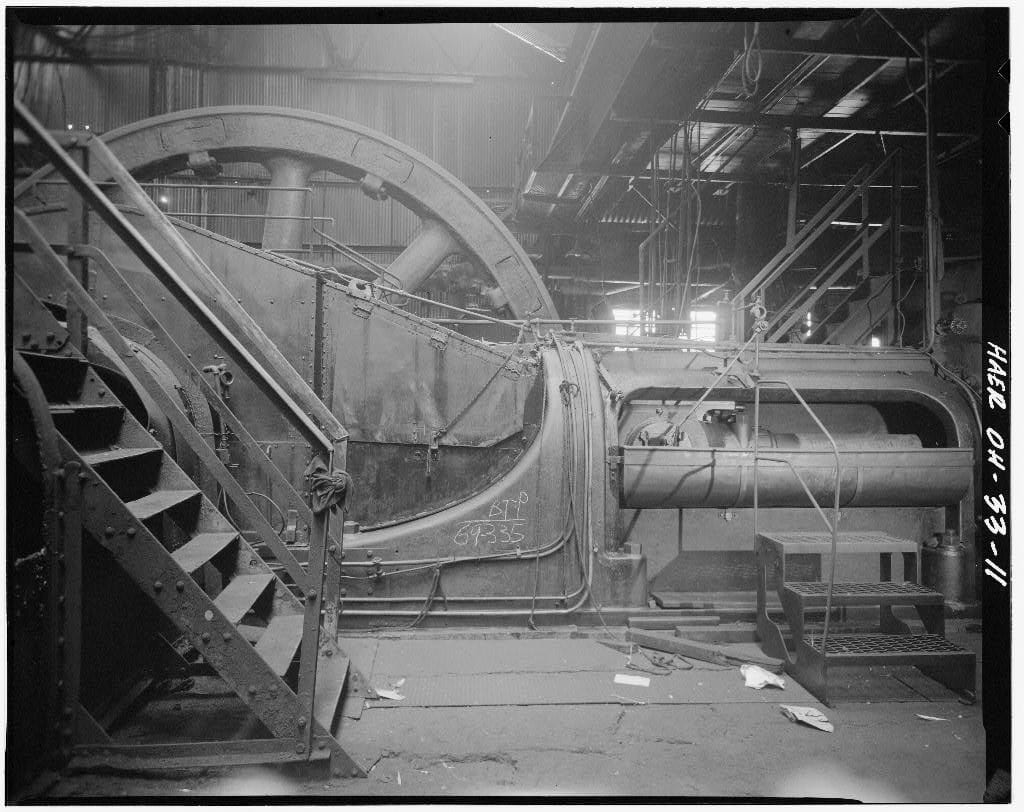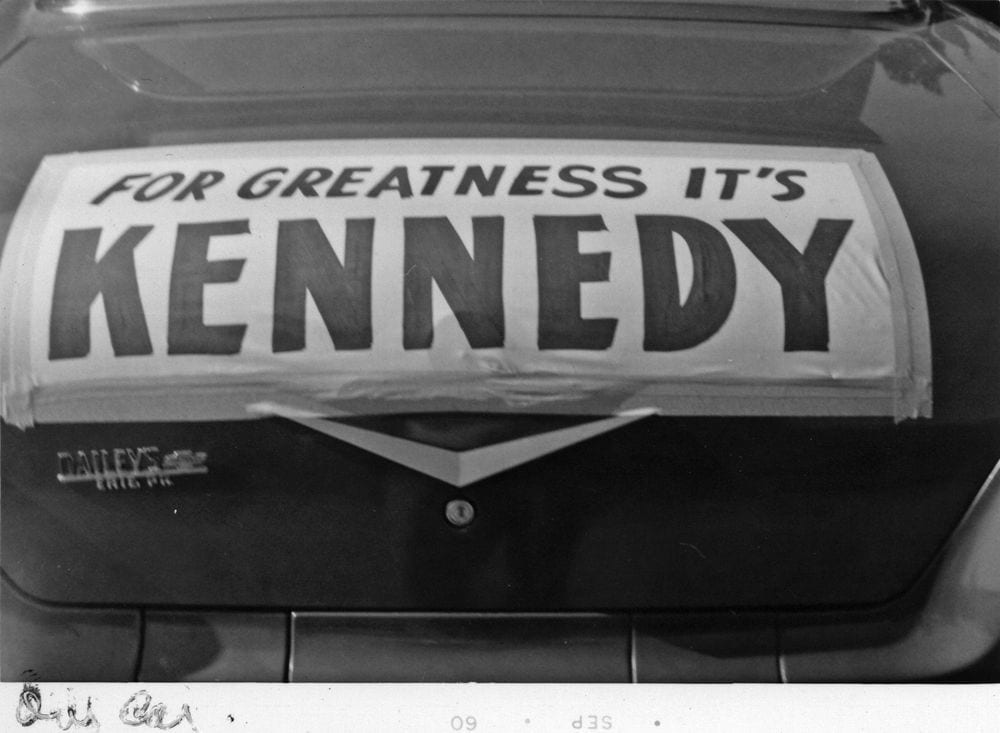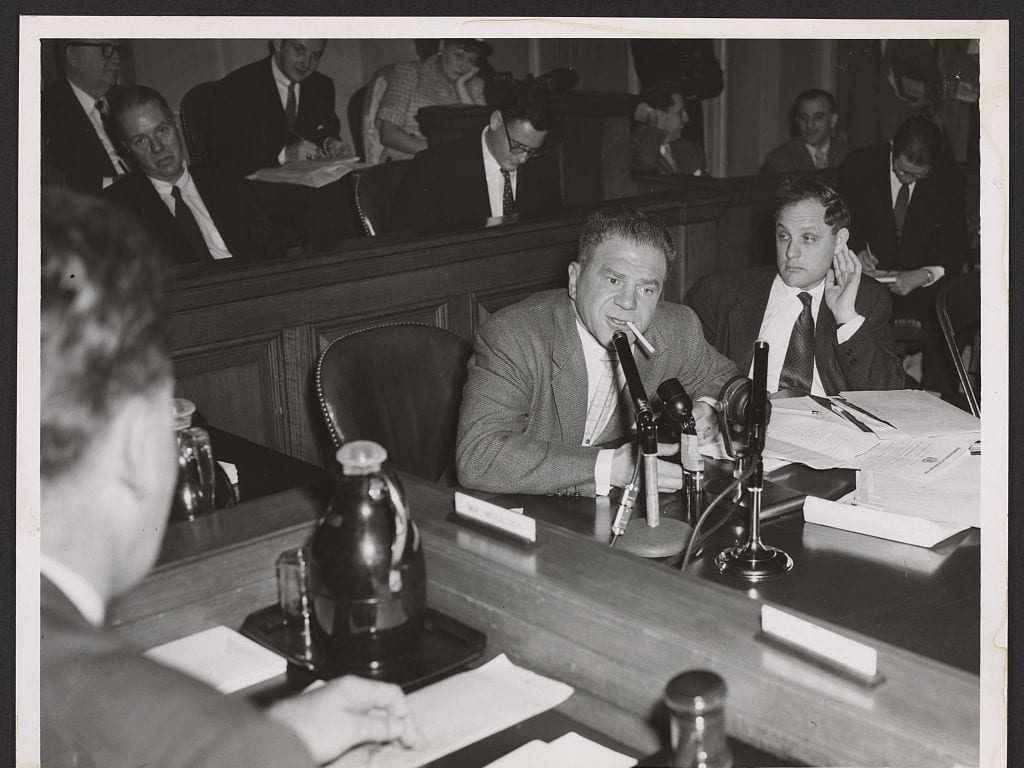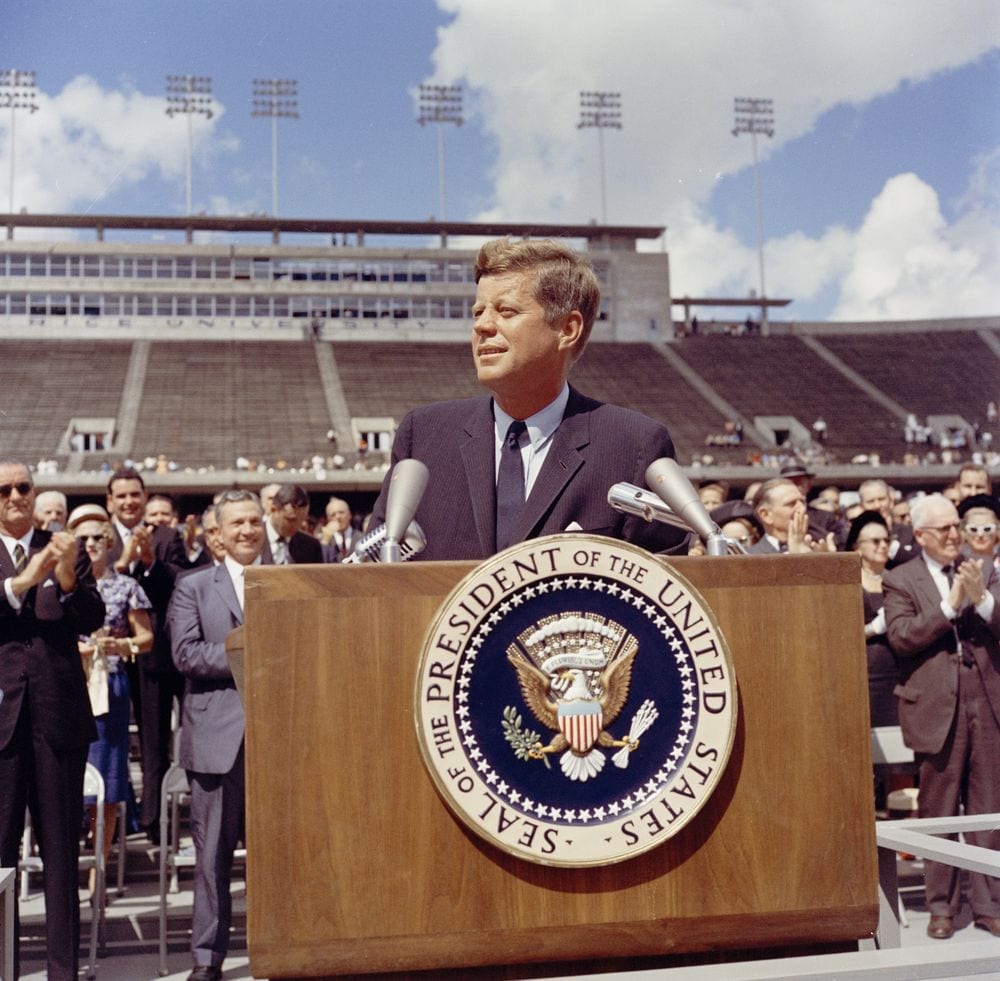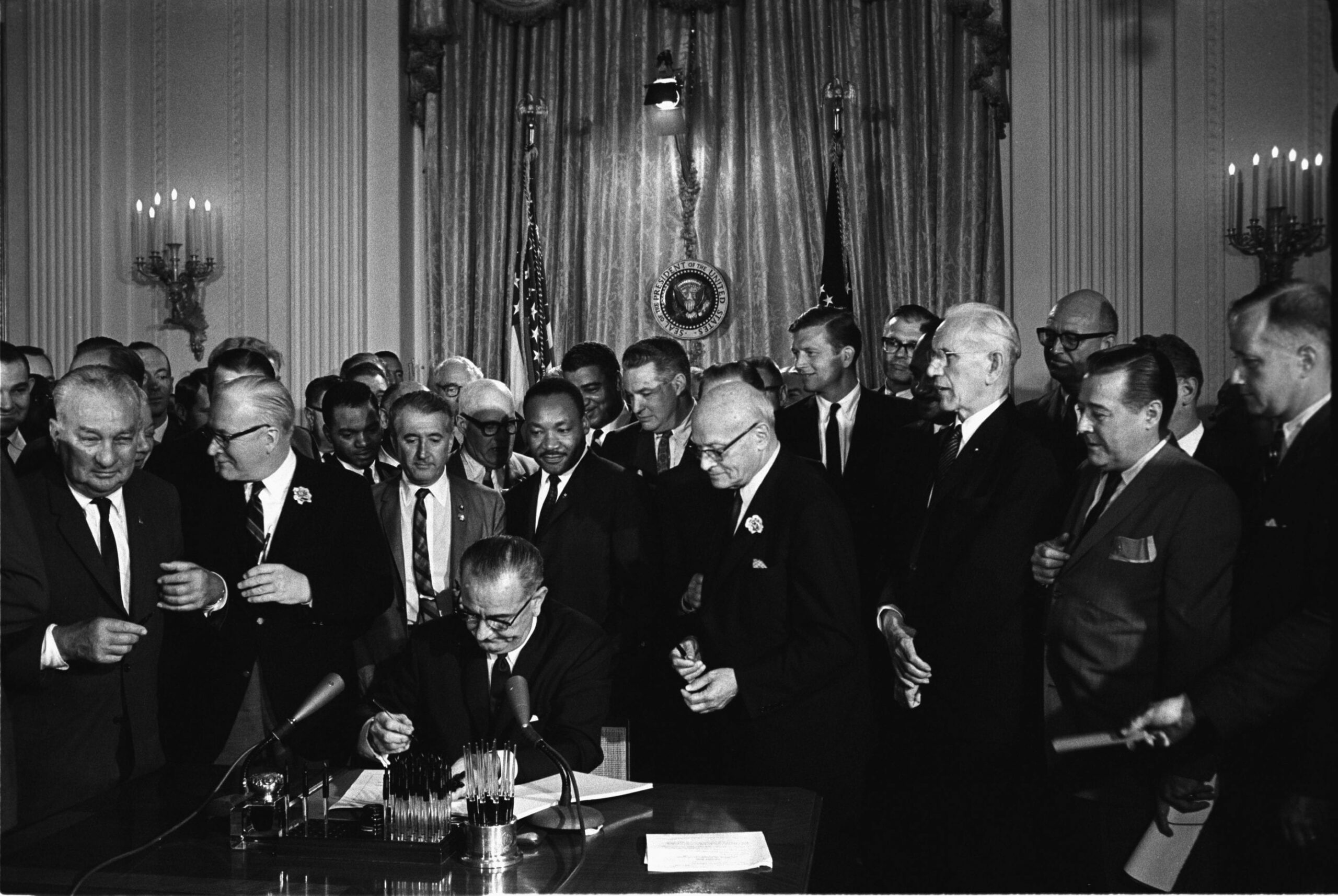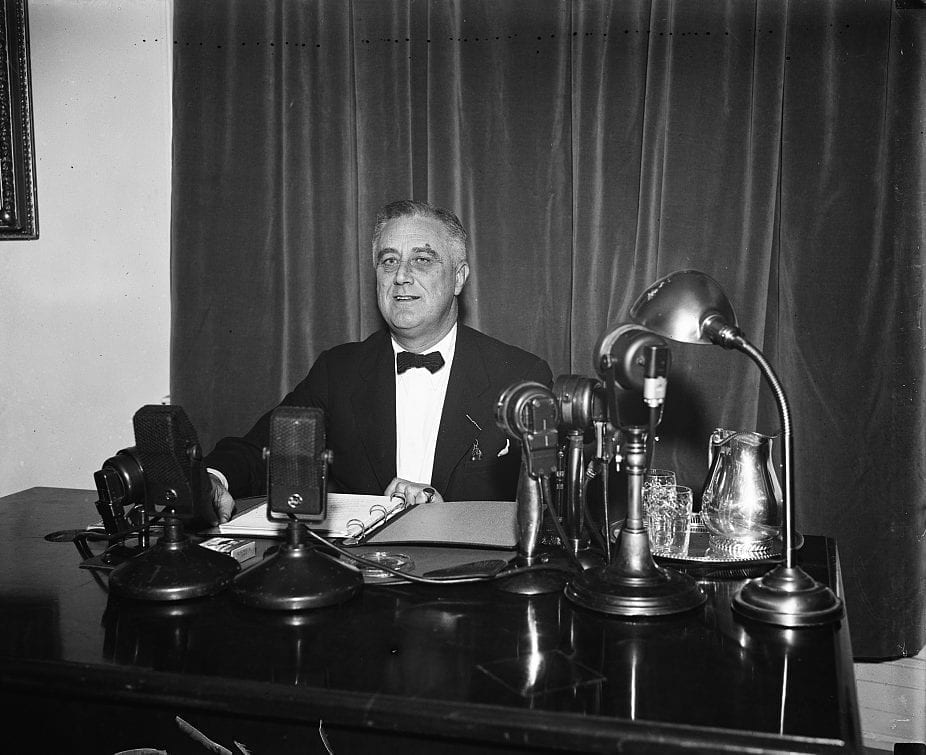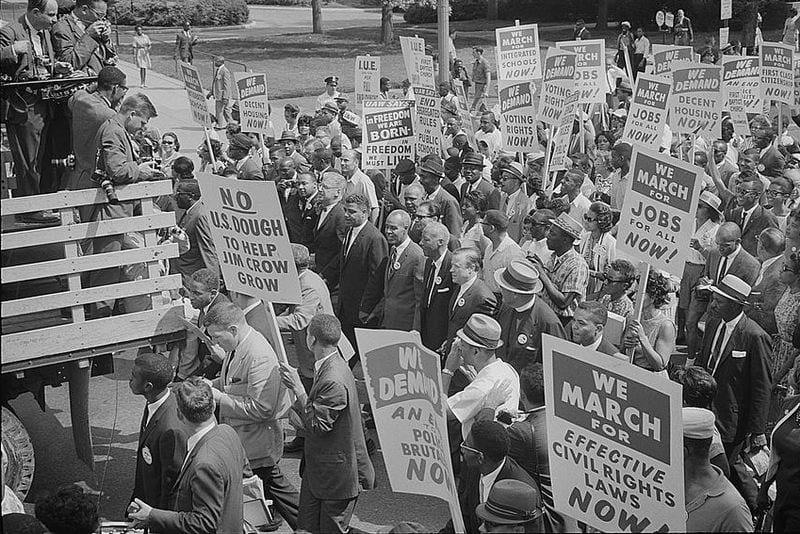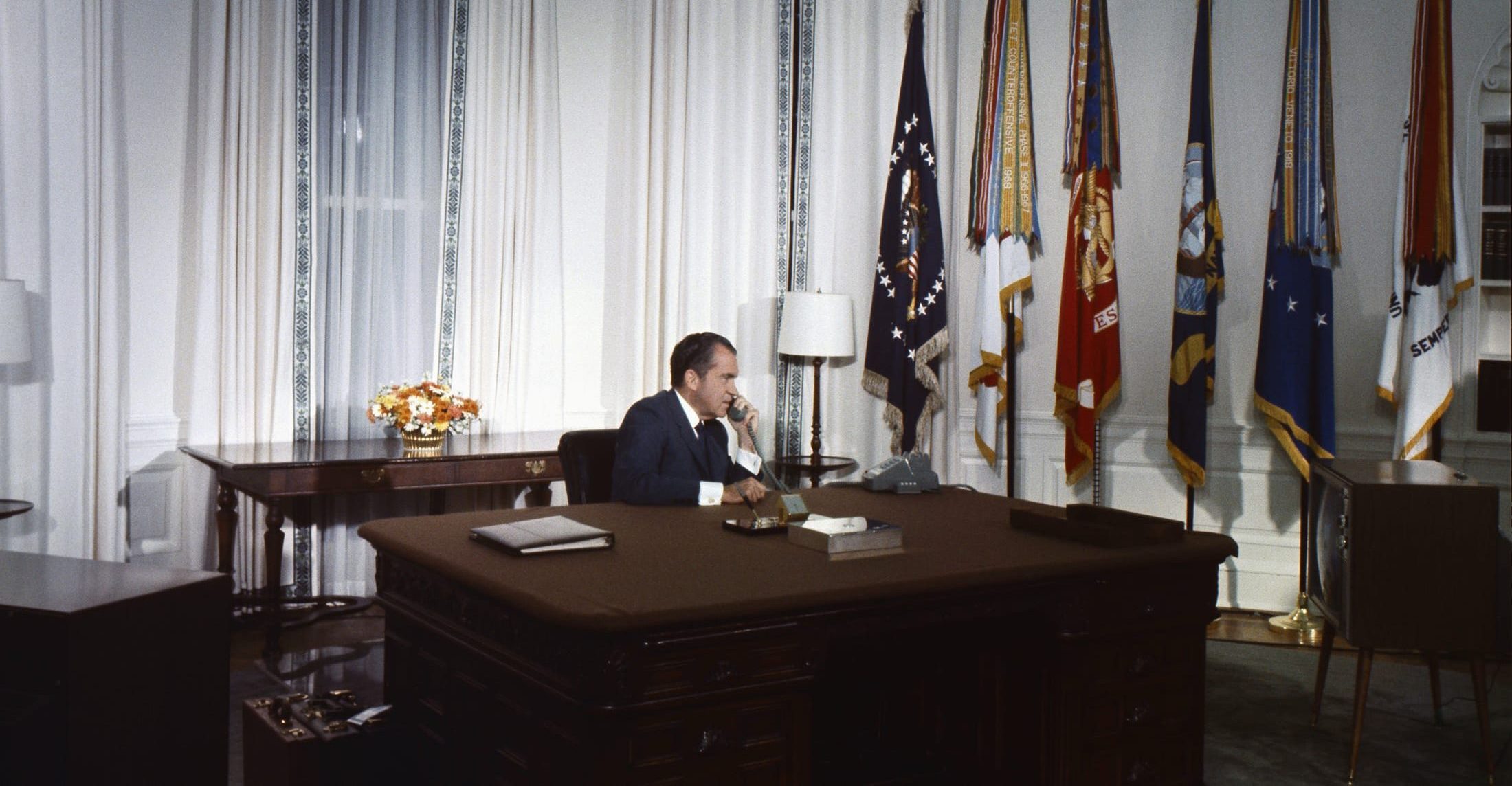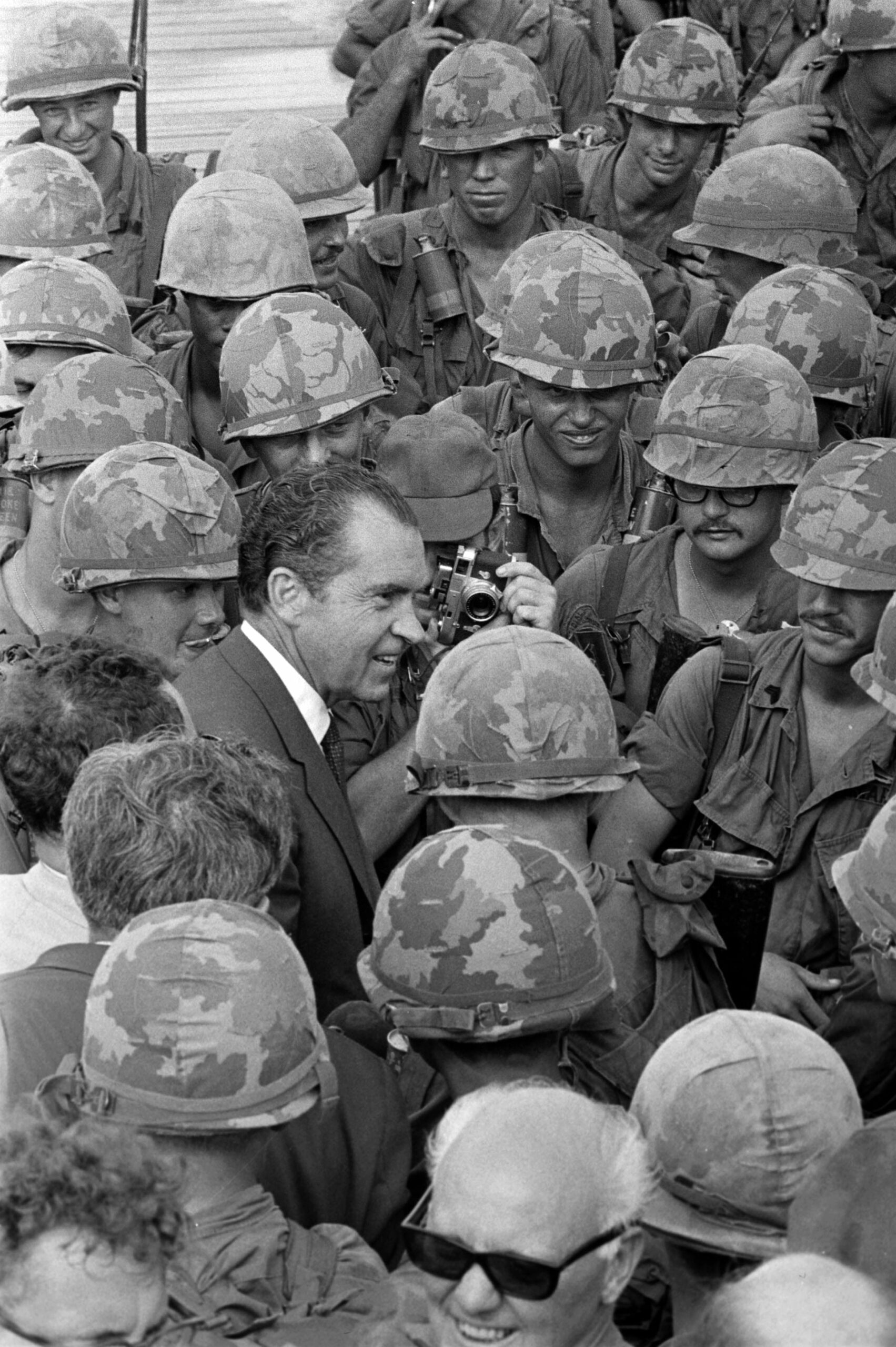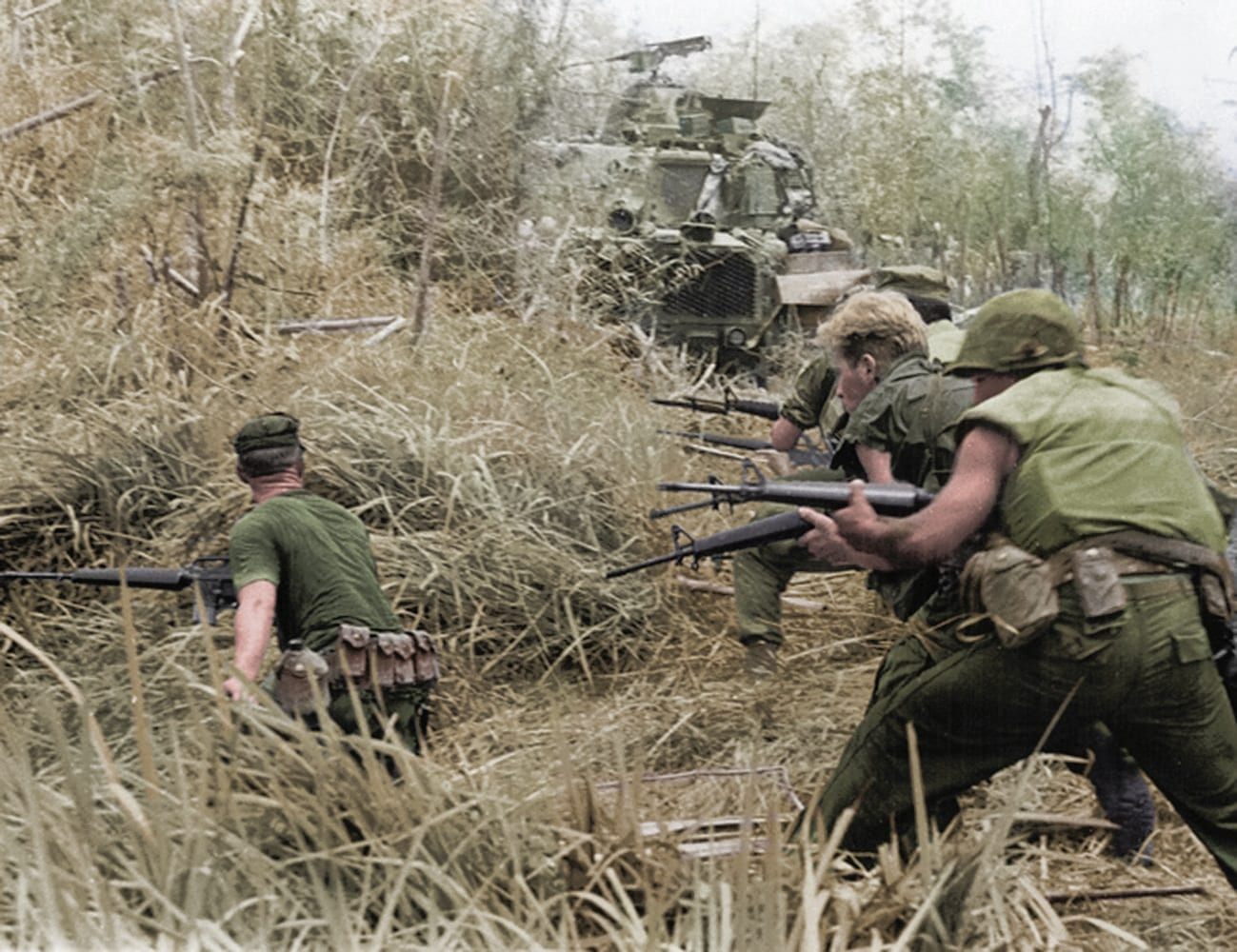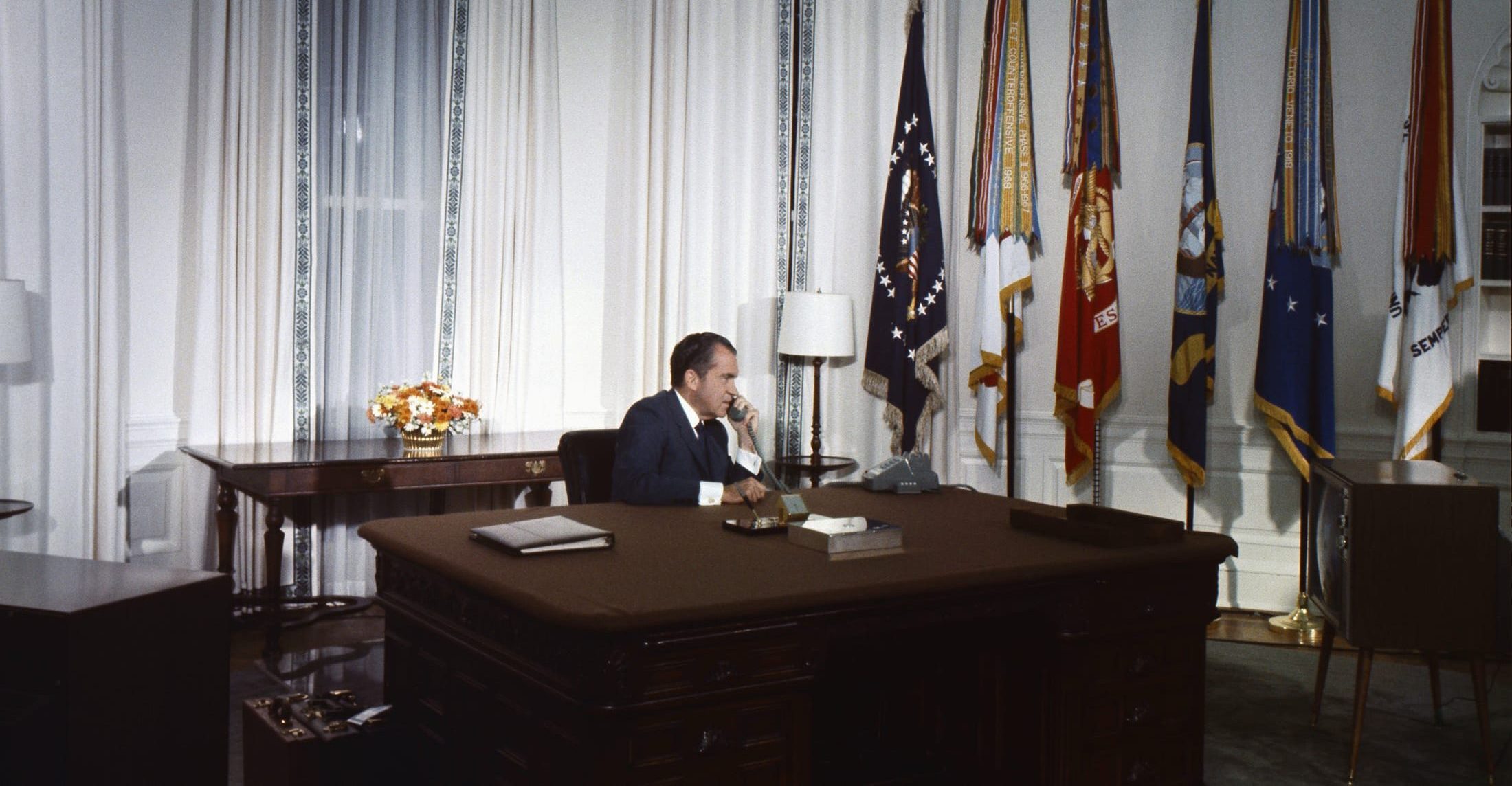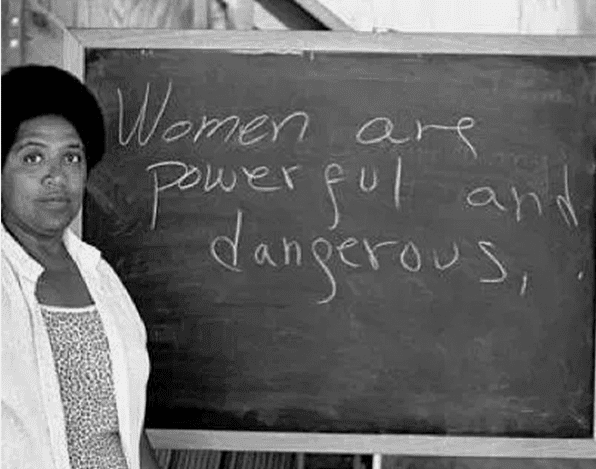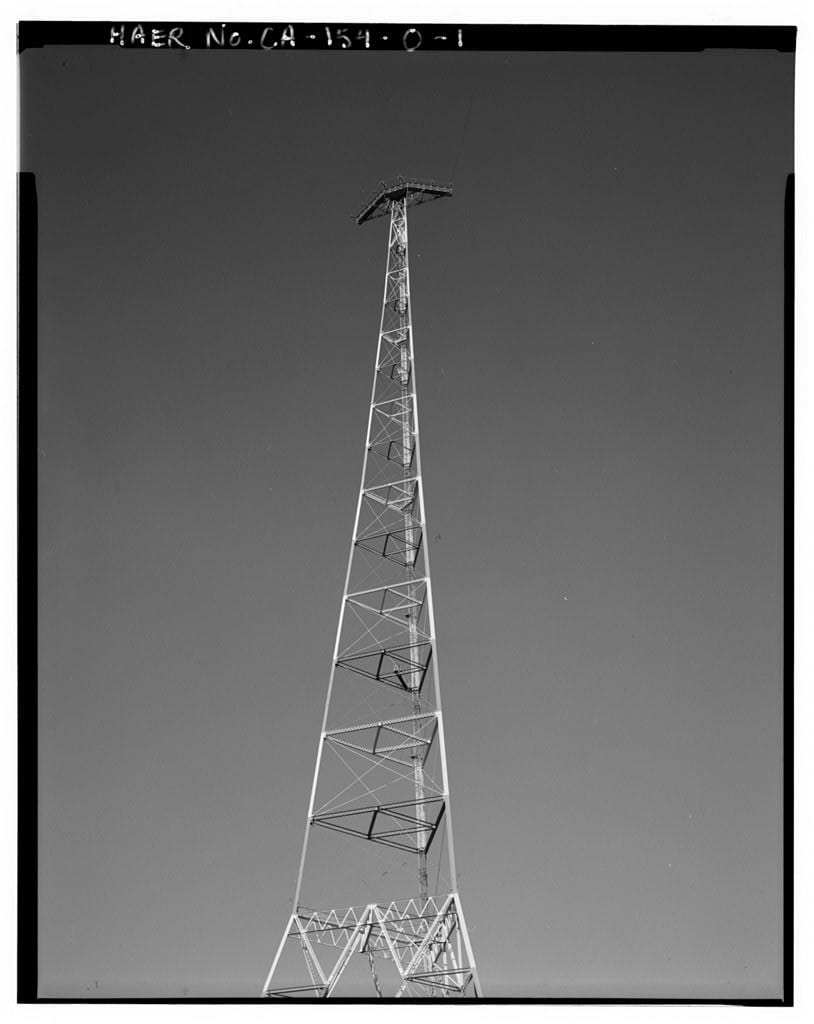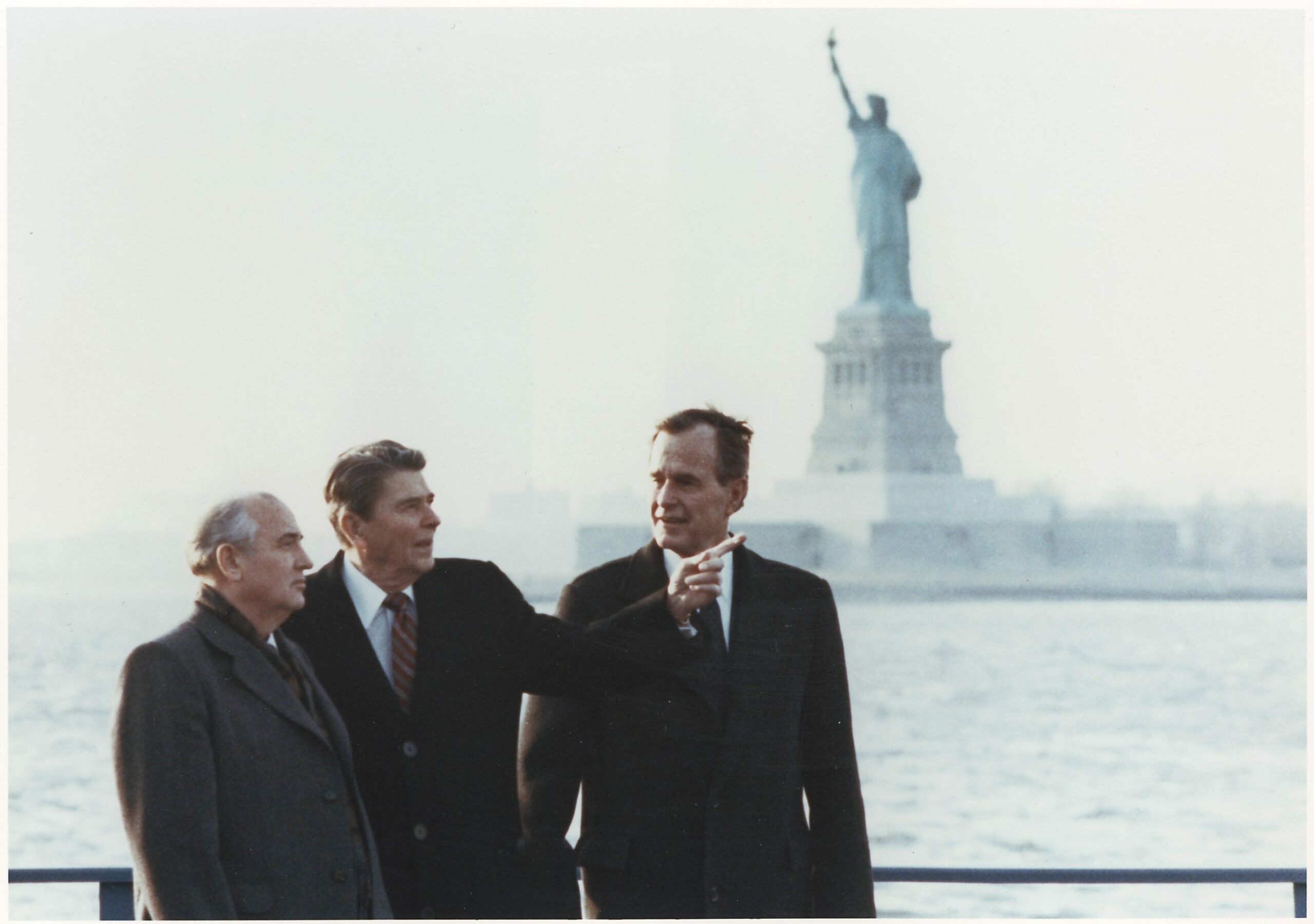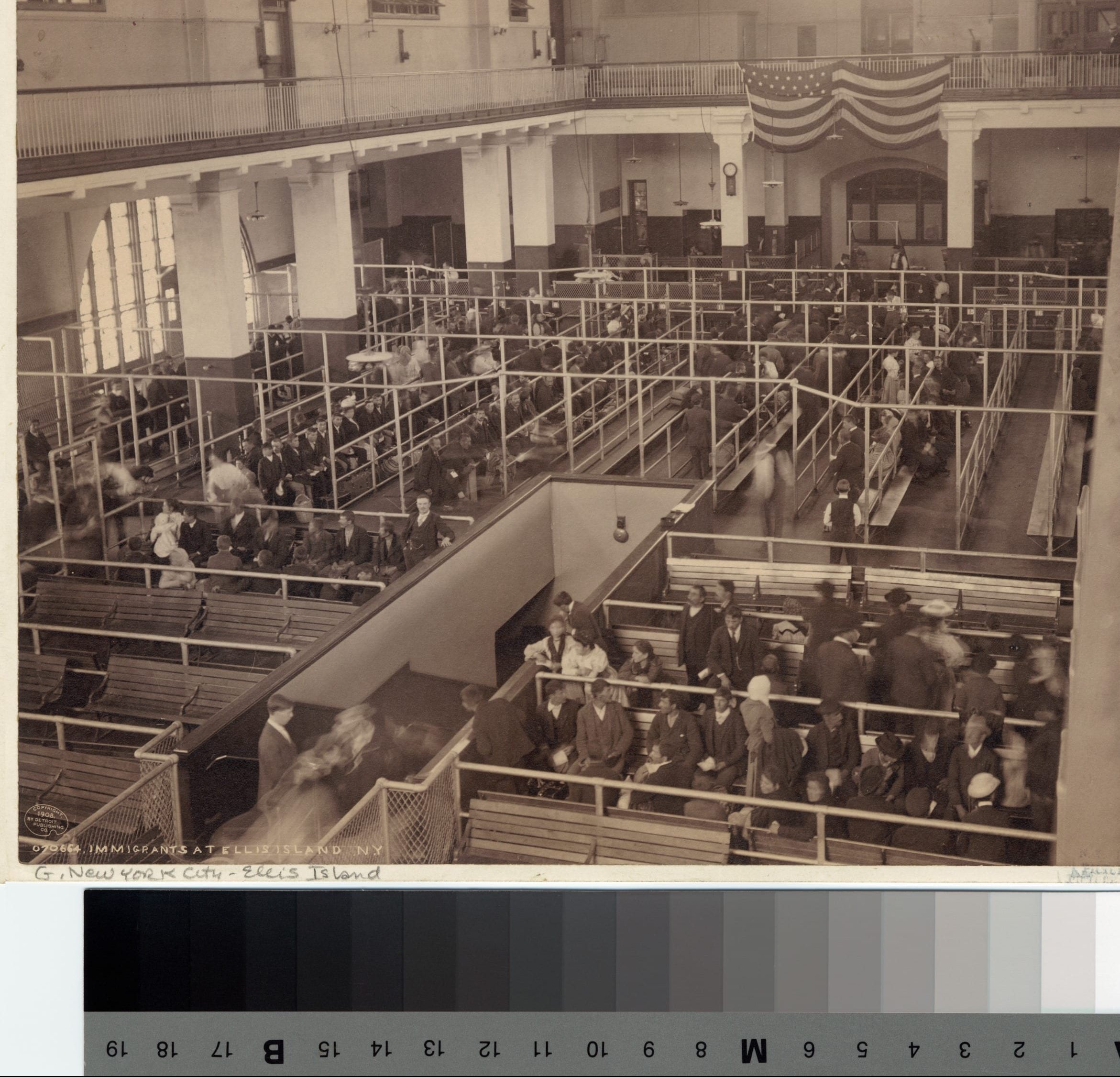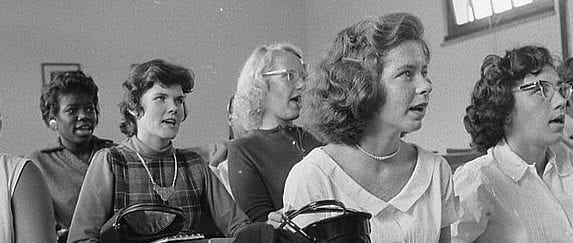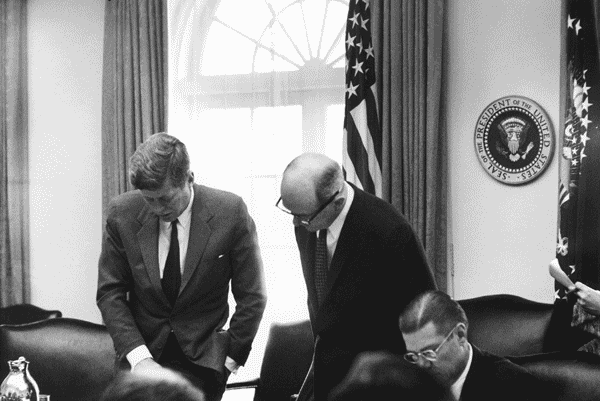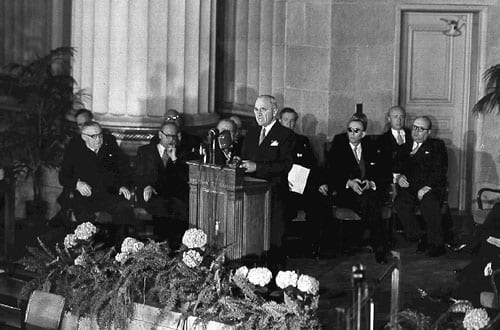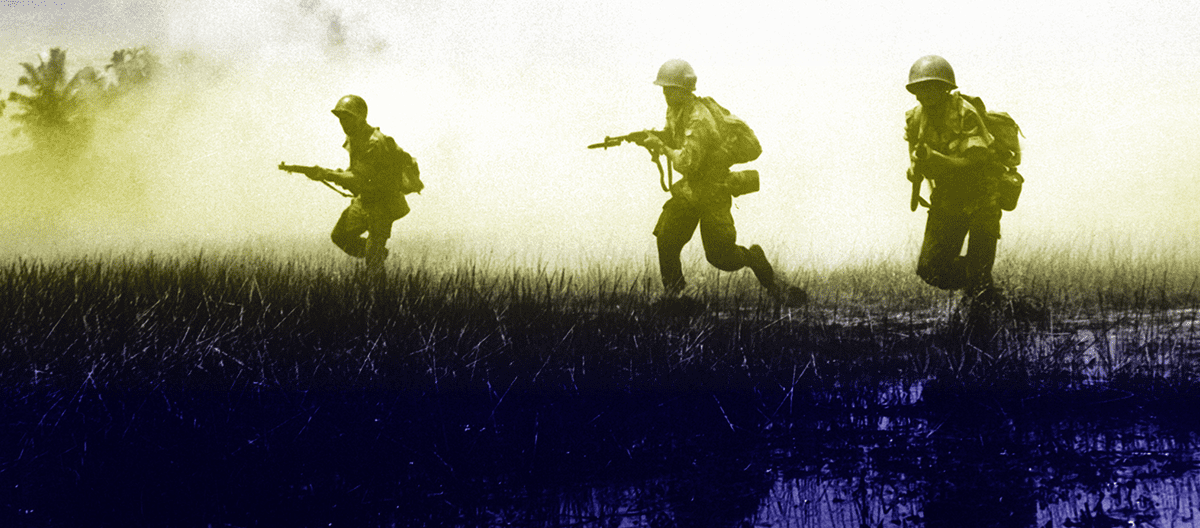The Cuban Missile Crisis of October 1962 brought the world to the brink of nuclear war. These documents relate to the crisis’s origins and tensest moments.
In the late 1950s, a revolution replaced Cuba’s undemocratic government with a communist regime led by Fidel Castro. In the face of U.S. efforts to topple his regime, including support for a failed invasion by Cuban exiles at the Bay of Pigs (1961), Castro turned to the Soviet Union, which provided military assistance. The U.S. government closely monitored this aid, as seen in Document 23, dated September 4, 1962. In response to Castro’s ties with the Soviets and support for revolution in Latin America, the Kennedy administration intensified covert operations against the Castro regime (Operation MONGOOSE).
In September and October 1962, U.S. reconnaissance flights captured photographic evidence that the Soviet Union was secretly shipping nuclear warheads and missiles to Cuba and building launch bases there. President Kennedy convened a group of advisors (the Executive Committee of the National Security Council or ExComm) to provide recommendations on how to force the Soviet Union to remove the missiles, warheads, and bases. “Soviet Reactions to Certain U.S. Courses of Action on Cuba,” dated October 19, considers the motives of the Soviet Union for the deployment and outlines several possible responses: an ultimatum to the Soviets to remove the bases, a naval blockade, or a surprise military attack.
Intense discussions within the ExComm produced a recommendation to blockade or quarantine the island nation of Cuba in order to prevent completion of the deployment. The ExComm and Kennedy also wanted to use the quarantine as leverage to force the removal of the missiles and warheads already in Cuba. Kennedy announced this action to the country in a televised address on October 22.
The Soviet Union only partially respected the quarantine. Tensions mounted; several generals openly advocated a military strike, not knowing that the Soviet commander in Cuba had the authority to use the nuclear weapons on the island to defend his forces. Had he used the weapons to retaliate against a U.S. military strike, a full nuclear war between the United States and the Soviet Union almost certainly would have broken out. However, Kennedy and Soviet Premier Nikita Khrushchev both continued to seek a peaceful end to the showdown. Letters between the two leaders opened the door to a resolution of the crisis. In exchange for an American commitment to leave Castro alone, the Soviet Union would remove its nuclear weapons and bases. In a provision that was not made public, the United States also promised to remove nuclear missiles it had deployed at bases in Turkey, a U.S. ally. The crisis was over, but the danger of nuclear war in the future had not abated.





